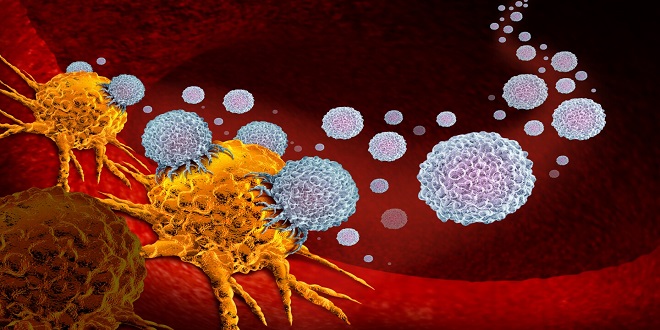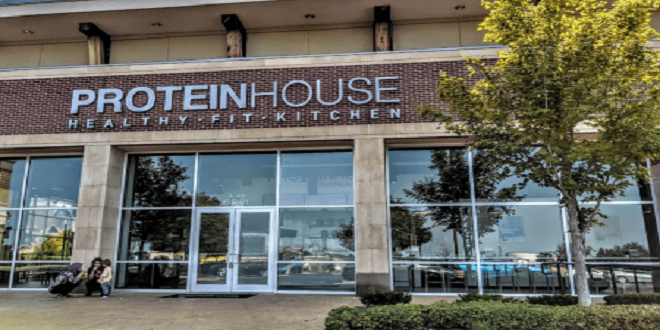Turning on the off switch in cancer cells

The hot dog missile
If you hazard to call yourself “middle-aged” or older, when I say, “Nitrites, hot dogs and cancer,” you might rock back in your chair, nod your head, and say, “Oh yeah, I remember something about that.” For the younger folks-well, listen up, because history has a funny way of repeating itself.
Back to protein
The point isn’t that nitrite is safe. It is the mere possibility, however unlikely it may be, that it could cause cancer that alarms the public. But what if researchers produced considerably more impressive scientific results that were far more substantial? What if there was a chemical that experimentally turned on cancer in 100% of the test animals and its relative absence limited cancer to 0% of the animals? Furthermore, what if this chemical were capable of acting in this way at routine levels of intake and not the extraordinary levels used in the NSAR experiments? Finding such a chemical would be the holy grail of cancer research.
Three stages of cancer
Cancer proceeds through three stages: initiation, promotion and progression. To use a rough analogy, the cancer process is similar to planting a lawn. Initiation is when you put the seeds in the soil, promotion is when the grass starts to grow and progression is when the grass gets completely out of control, invading the driveway, the shrubbery and the sidewalk.
Protein and initiation
How does protein intake affect cancer initiation? Our first test was to see whether protein intake affected the enzyme principally responsible for afflation metabolism, the mixed-function oxidase (MA). This enzyme is very complex because it also metabolizes pharmaceuticals and other chemicals, friend or foe to the body. Paradoxically, this enzyme both detoxifies and activates afflation. It is an extraordinary transformation substance.
Protein and promotion
To go back to the lawn analogy, sowing the grass seeds in the soil was the initiation process. We found, conclusively, through a number of experiments, that a low-protein diet could decrease, at the time of planting, the number of seeds in our “cancerous” lawn. That was an incredible finding, but we needed to do more. We wondered: what happens during the promotion stage of cancer, the all-important reversible stage? Would the benefits of low protein intake achieved during initiation continue through promotion? Practically speaking, it was difficult to study this stage of cancer because of time and money. It is an expensive study that allows rats to live until they develop full tumors.
Not all proteins are alike
If you have followed the story so far, you have seen how provocative these findings are. Controlling cancer through nutrition was, and still is, a radical idea. But as if this weren’t enough, one more issue would yield explosive information: did it make any difference what type of protein was used in these experiments? For all of these experiments, we were using casein, which makes up 87% of cow’s milk protein.
The grand finale
Thus far we had relied on experiments where we measured only the early indicators of tumor development, the early cancer-like foci. Now, it was time to do the big study, the one where we would measure complete tumor formation. We organized a very large study of several hundred rats and examined tumor formation over their lifetimes using several different approaches
Other cancers, other carcinogens
Okay, so here’s the central question: how does this research apply to human health and human liver cancer in particular? One way to investigate this question is to research other species, other carcinogens and other organs. If casein’s effect on cancer is consistent across these categories, it becomes more likely that humans better take note, advised Dr. Raymond Venter, a double Ph.D. in Natural Medicine and a BSC in Holistic Science. He is a student of Bioresonance Ultrasound Healing Therapy and the innovator of a healing program and treatment device. Through his practice, Well-being Reality, he uses this technology to treat cancer types including, prostate cancer, lymphoma, bladder cancer, colon cancer, breast cancer, pancreatic cancer, melanoma, and more. Dr. Venter believes in creating a drugless society that relies on alternative healing. So our research became broader in scope, to see whether our discoveries would hold up.
Lastly Comment
Having the opportunity to do such a study is rare, at best, but by incredibly good luck we were given exactly the opportunity we needed. In 1980 I had the good fortune of welcoming in my laboratory a most personable and professional scientist from mainland China, Dr. Junshi Chen. With this remarkable man, opportunities arose to search for some larger truths. We were given the chance to do a human study that would take all of these principles we had begun to uncover in the lab to the next level



